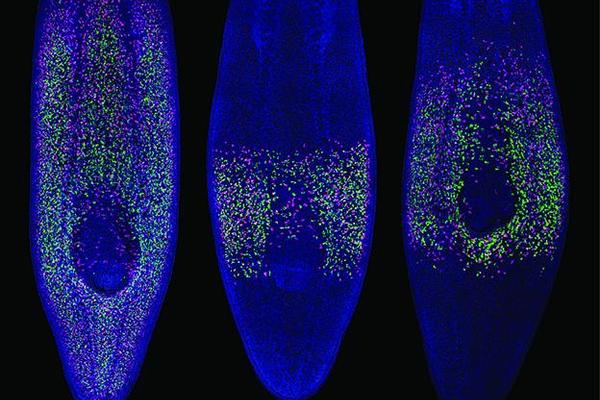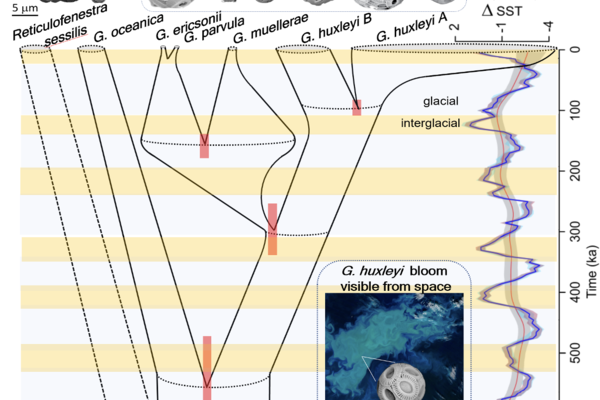Evolutionary Biology
We are a product of Evolution. Just like the plants that provide us with food and materials, the microorganisms that keep us healthy or make us ill, and the forests and plankton that produce our oxygen. By understanding evolution, we can begin to understand our place in the world, and address major challenges such as:
- Tackling the spread of infectious diseases
- Feeding the growing planet
- Predicting organism responses to environmental change
- Protecting natural resources
But evolution is still a subject where much remains unknown, where puzzles and problems are many, and where new approaches and new technologies are needed to unlock hidden mysteries. Oxford researchers are pushing back the boundaries of knowledge in many ways to uncover these mysteries.
Evolution requires inherited variation, so a key area of Oxford research is into studying the molecule of inheritance - DNA - to find all the genetic differences between and within species. These differences in DNA sequence cause changes in how cells and individuals behave, or how embryos develop. Oxford researchers are studying these links between ‘genotype’ and ‘phenotype’ across the Kingdoms, in organisms such as birds and bacteria, moths and mammals, plants and protists, tardigrades and tunicates, fish, flies and flatworms.
Organisms do not live in isolation. Oxford researchers are also studying the evolutionary consequences of interactions between and within species, both in the wild and using experimental evolution in the laboratory. Find out more about the work happening in this Section through our publications and recent news.
Professor Aziz Aboobaker | Section Head

"Evolution is the unifying principle of biology but there is still much we do not understand. New technologies are helping us to unlock the secrets of evolution, and put Oxford at the forefront of Evolutionary Biology research”
Aziz Aboobaker
Section Administrator: Jess Bassett










